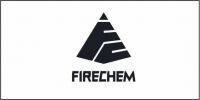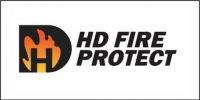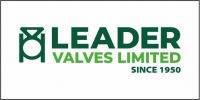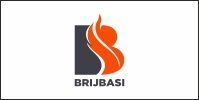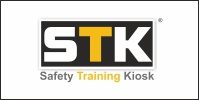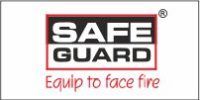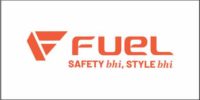 By ‘lockout’ we mean a safety procedure used to ensure dangerous machines are properly shut off and aren’t started up again before you complete maintenance or servicing work on them. It ensures that a piece of equipment can’t be turned on or pressurised accidentally while an employee is working on it.
By ‘lockout’ we mean a safety procedure used to ensure dangerous machines are properly shut off and aren’t started up again before you complete maintenance or servicing work on them. It ensures that a piece of equipment can’t be turned on or pressurised accidentally while an employee is working on it.
Keep in mind that a lockout involves locking the device or power source of the machine so that the person working on it is safe from electrocution or explosions.
First of all, a lockout system ensures that when you do dangerous work on machinery, you won’t be injured if somebody accidentally starts it up. Isolating the electric current which powers a piece of machinery isn’t necessarily sufficient to ensure safety. All energy sources must be locked out!
Where machinery incidents are concerned, the injuries are usually severe and of a permanent nature. By taking the necessary precautions, such as fitting effective guards, working on machinery only under the protection of a lockout system and enforcing discipline, most of these injuries can be prevented.
The dangers you and your employees could face:
To secure a piece of machinery, all sources of energy must be cut off or isolated, leaving the equipment in a so-called ‘zero mechanical state’.
If a lockout isn’t performed it could cause
- Electrocution (contact with live circuits)
- Cuts, bruises, crushing, amputations, death, resulting from Entanglement with belts, chains, conveyors, rollers, shafts and impellers . Entrapment by bulk materials from bins silos or hoppers
Drowning in liquids in vats or tanks
- Burns (contact with hot parts, materials or equipment such as furnaces)
- Fires and explosions
- Chemical exposures (gasses or liquids released from pipelines).
Example 1
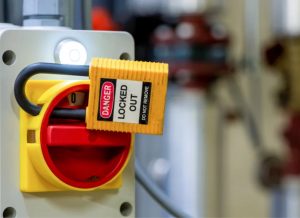 Jeremy, a senior manager and a contractor decided to inspect the condition of a huge, industrial concrete mixer.
Jeremy, a senior manager and a contractor decided to inspect the condition of a huge, industrial concrete mixer.
Because it’s lunchtime and there were no employees in the vicinity, Jeremy decided it wasn’t necessary to follow the lockout procedure.
He and the contractor climbed into the mixer and began their inspection. A foreman returned from the canteen and, according to his schedule, started the mixer.
A steel door closed over the opening of the mixer, trapping the two men inside. Jeremy died from his injuries and the contractor was seriously injured.
Seven things you must know about lockouts:
- Never do maintenance work on machines or equipment unless you lock it out.
- Check that all sources of energy are locked out, not just the power supply.
- Make sure that any safety devices on the machine controls are switched to the ‘off’ or ‘closed’ position.
- Start the machine to release any leftover energy.
- Never let anyone work on machinery without an operating lockout.
- If in doubt about lockout rules or procedures, ask your supervisor or occupational health and safety department staff.
- Report people who don’t use the lockout procedure when doing maintenance work on machines.











